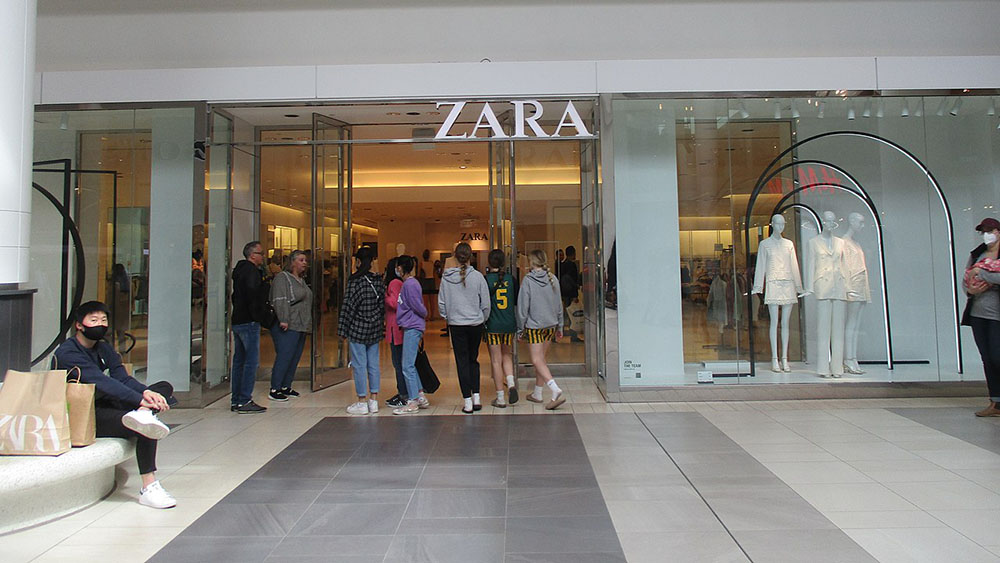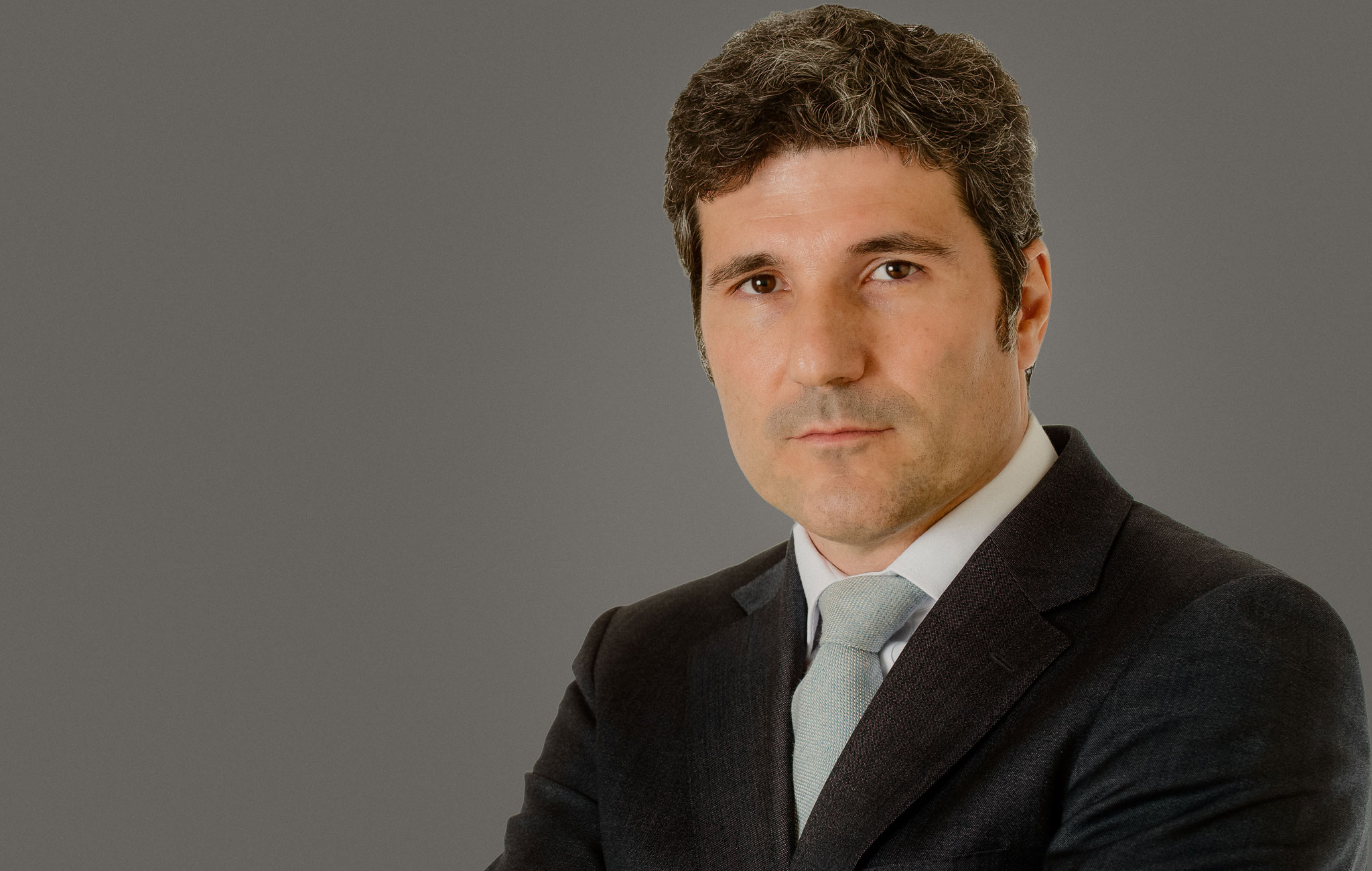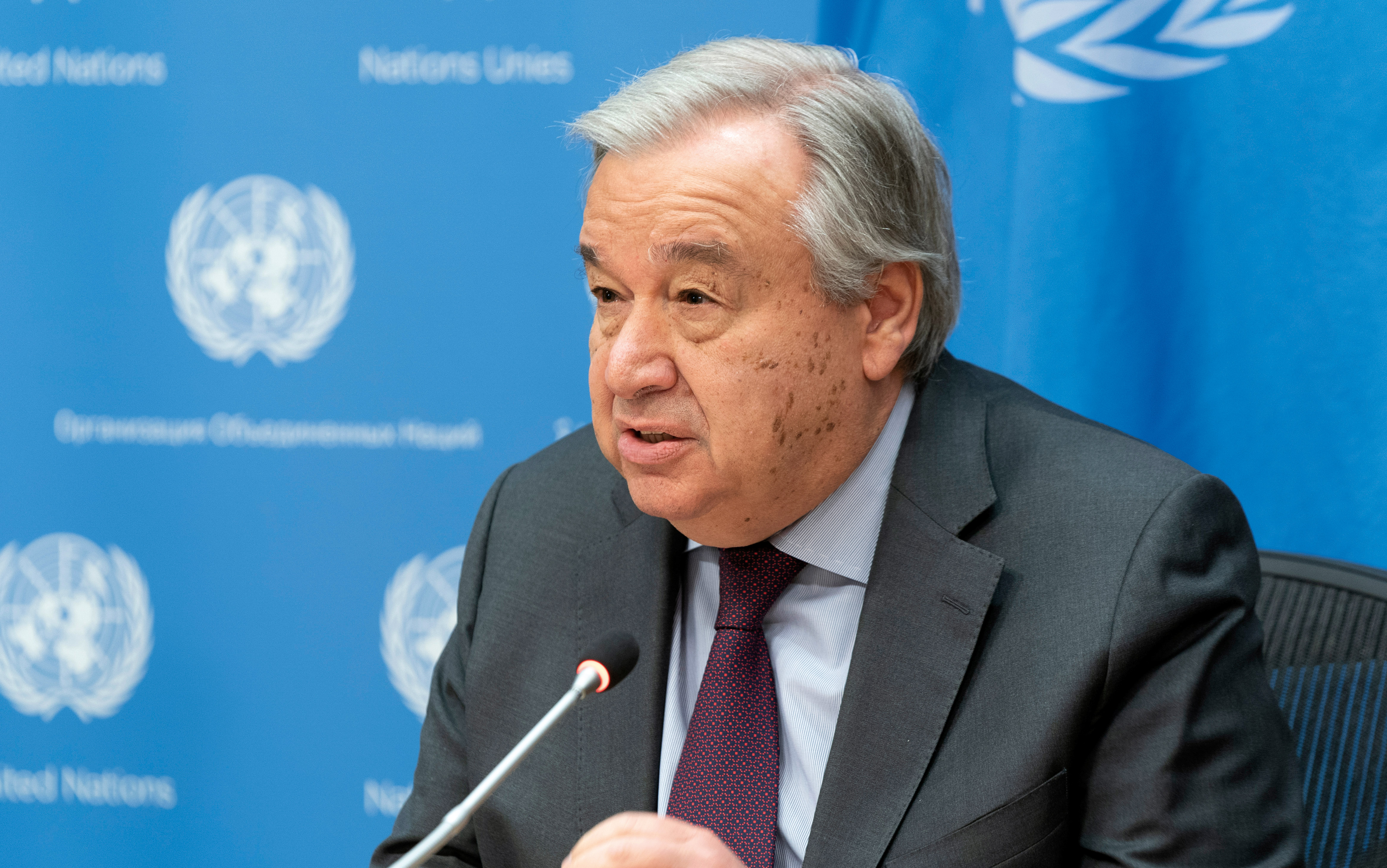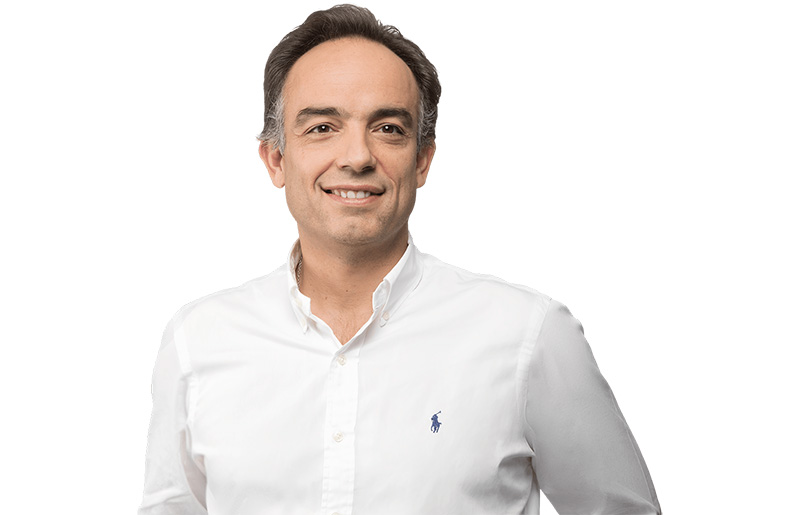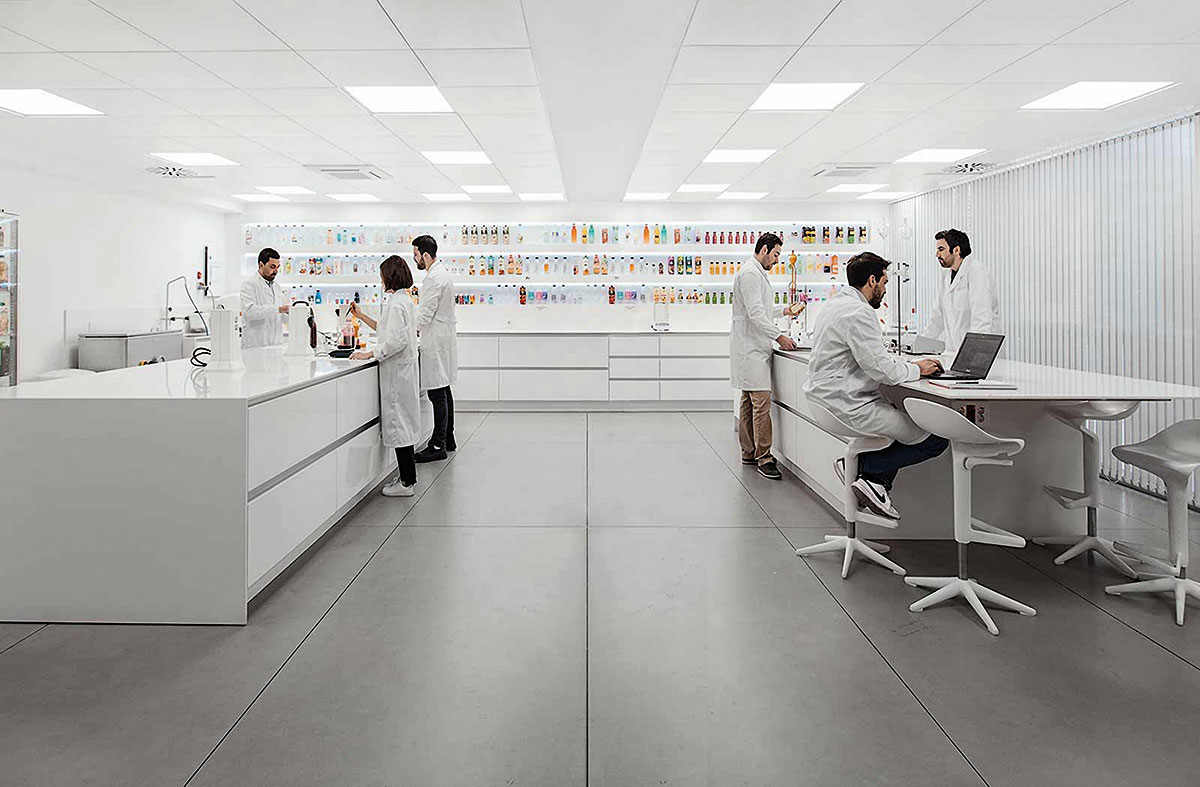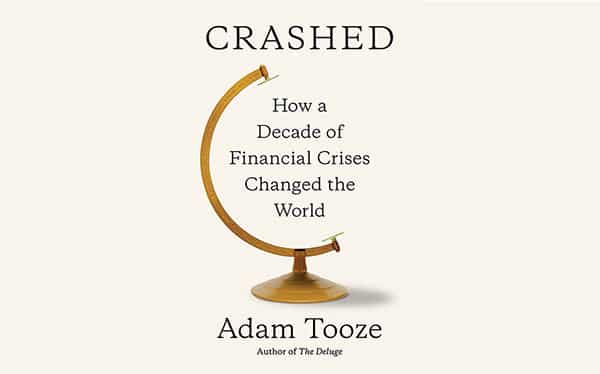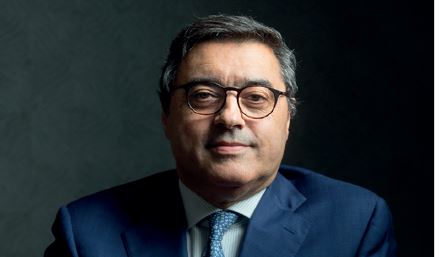[vc_row][vc_column width=”1/2″][vc_column_text]
Portugal
The light green area is the rest of the European Union
Portugal was the 47th largest economy in the world by nominal GDP in 2018. Its GDP per capita was $23,146 USD. Portugal is the westernmost country in mainland Europe. It was ranked 16th in the World Bank's Human Capital Index and 48th in the Economic Complexity Index in 2017. It is a member of the EU and OECD. Services was the largest economic sector in 2018 (65 percent of GDP), followed by manufacturing (12.4 percent), and agriculture (1.96 percent). In 2017, the largest export sectors were services (35.6 percent), agriculture (12.7 percent), textiles (10.7 percent), chemicals (7.85 percent), and vehicles (7.5 percent). The largest individual exports were travel and tourism (17.9 percent), ICT services (9.5 percent), and transport services (7.7 percent). Its largest export partners were Spain (21.4 percent), France (11.7 percent), Germany (11.05 percent), the UK (6.08 percent), and the US (5.45 percent). The largest goods imports were crude oil (6.68 percent), cars (5.97 percent), parts of motor vehicles (2.53 percent), and packaged medicaments (2.48 percent). Portugal was among the richest countries in the world in the seventeenth and eighteenth centuries, but declining growth and a growing population saw a decline in relative income levels during the nineteenth century. Strong relative growth only reemerged in the 1950s as the economy liberalised trade. The economy suffered in the 1970s because of a policy of nationalisation in the aftermath of the 1974 revolution. However the revolution and the threat of communist rule also prompted the EEC to court Portugal, with Portugal joining in 1986. As a result, the economy grew strongly in the 1980s and 1990s. The economy struggled in the 2000s because of increased international competition and increased competition from within the EU after Portugal adopted the euro. One of the key structural problems was low formal education which resulted in low labour productivity and a tendency towards labour intensive industries, such as textiles. Portugal was hit hard by the global financial crisis, experiencing recession in 2009. In 2011, it received an EU-IMF bailout, which included austerity measures. Portugal exited the bailout program in 2014 and by 2015 growth had returned. The economy has recovered gradually from the crisis with increases in productivity, exports, and private consumption. Key reforms included labour market reforms and better business regulations. A tourist boom has also helped. The government has also been able to reduce its debt but needs to remain vigilant. In 2018, Portugal repaid the IMF bailout ahead of schedule.
[/vc_column_text][vc_column_text] Its population in 2018 was 10,291,196 [1]
Its population in 2018 was 10,291,196 [1]
 In 2015, 27.16% of its total energy
In 2015, 27.16% of its total energy
consumption was renewable [2]
 In 2021, its GDP grew by 4.88% [2]
In 2021, its GDP grew by 4.88% [2]
 In 2021 it had a negative Current
In 2021 it had a negative Current
Account Balance of US$bn 2.84 [3]
 Its unemployment rate in 2021 was 6.59% [3]
Its unemployment rate in 2021 was 6.59% [3]
 Its Expenditure on R&D (as a percentage of
Its Expenditure on R&D (as a percentage of
GDP) in 2020 was 1.62% [2]
What free trade areas or economic unions is it a member of?
Member of the European Union (EU) since 01/01/1986
Other members:
Austria, Belgium, Bulgaria, Croatia, Cyprus, Czechia, Denmark, Estonia, Finland, France, Germany, Greece, Hungary, Ireland, Italy, Latvia, Lithuania, Luxembourg, Malta, Netherlands, Poland, Romania, Slovakia, Slovenia, Spain, Sweden
What trade deals are there between European Union and other countries and economic unions?
EU - Andorra Customs Union (from 01/01/1991)
European Single Market (SM) (from 01/01/1993)
EU - Sri-Lanka Co-operation and Partnership Agreement (from 01/04/1995)
EU - Türkiye Customs Union (from 31/12/1995)
EU - Faroe Islands Agreement (from 01/01/1997)
EU - Palestinian Authority Interim Association Agreement (from 01/07/1997)
EU - Tunisia Association Agreement (from 01/03/1998)
EU - Armenia Partnership and Cooperation Agreement (from 09/09/1999)
EU - Morocco Association Agreement (from 01/03/2000)
EU - Israel Association Agreement (from 01/06/2000)
EU - Mexico Global Agreement (from 01/10/2000)
EU - San Marino Customs Union (from 01/04/2002)
EU - Jordan Association Agreement (from 01/05/2002)
EU - North Macedonia Stabilisation and Association Agreement (from 01/04/2004)
EU - Pakistan Co-operation agreement (from 29/04/2004)
EU - Egypt Association Agreement (from 01/06/2004)
EU - Chile Association Agreement and Additional Protocol (from 01/03/2005)
EU - Algeria Association Agreement (from 01/09/2005)
EU - Lebanon Association Agreement (from 01/04/2006)
EU - Albania Stabilisation and Association Agreement (from 01/04/2009)
EU - Pacific States Interim EPA (from 20/12/2009)
EU - Montenegro Stabilisation and Association Agreement (from 01/05/2010)
EU - Central America Association Agreement (from 01/08/2013)
EU - Serbia Stabilisation and Association Agreement (from 01/09/2013)
EU - Bosnia and Herzegovina Stabilisation and Association Agreement (from 01/06/2015)
EU - South Korea Free Trade Agreement (from 01/07/2015)
EU - Kosovo Stabilisation and Association Agreement (from 01/04/2016)
EU - Georgia Association Agreement (from 01/07/2016)
EU - Moldova Association Agreement (from 01/07/2016)
EU - Canada Comprehensive Economic and Trade Agreement (CETA) (from 21/09/2017)
EU - Eswatini (SADC) Economic Partnership Agreement (from 05/02/2018)
EU - Lesotho (SADC) Economic Partnership Agreement (from 05/02/2018)
EU - Mozambique (SADC) Economic Partnership Agreement (from 05/02/2018)
EU - Namibia (SADC) Economic Partnership Agreement (from 05/02/2018)
EU - South Africa Economic Partnership Agreement (from 05/02/2018)
EU - Botswana (SADC) Economic Partnership Agreement (from 05/02/2018)
EU - Japan Economic Partnership Agreement (from 01/02/2019)
EU - Eastern and Southern Africa States free trade agreement (from 07/02/2019)
UK - EU Trade Deal (from 01/01/2021)
[/vc_column_text][vc_column_text]What trade deals are there with other countries and economic unions?
None
[/vc_column_text][/vc_column][vc_column width=”1/2″][vc_column_text]Modest, Frugal, Retiring, and Famous for Being Anonymous: the Founder of Zara, Amancio Ortega
GNB GA – Change, Challenge, and Reward: Portuguese Firm takes Teamwork to a Whole New Level
António Guterres: SDG Champion
CEO of McKinsey Spain and Portugal: Alejandro Beltrán — Pandemic Accelerates Changes Already Underway
Europe: Fig Leaves to Save Spain and Italy
AMC Natural Drinks: Research & Innovation to Achieve Sustainability & Circular Economy Commitment
Book Review by Kenneth Rogoff: Crash Time
Marc Langenbrinck, Mercedes-Benz Schweiz CEO: Finding and Keeping the Exact Right Competitive Angle
CFI.co Meets the CEO of MDS Group & Brokerslink: José Manuel Dias da Fonseca
CFI.co Meets the CEO of Golden Assets: António Nunes da Silva
Trade with the United Kingdom
Source: UK Office for National Statistics, October 2022.
Contains public sector information licensed under the Open Government Licence v3.0.
















































































